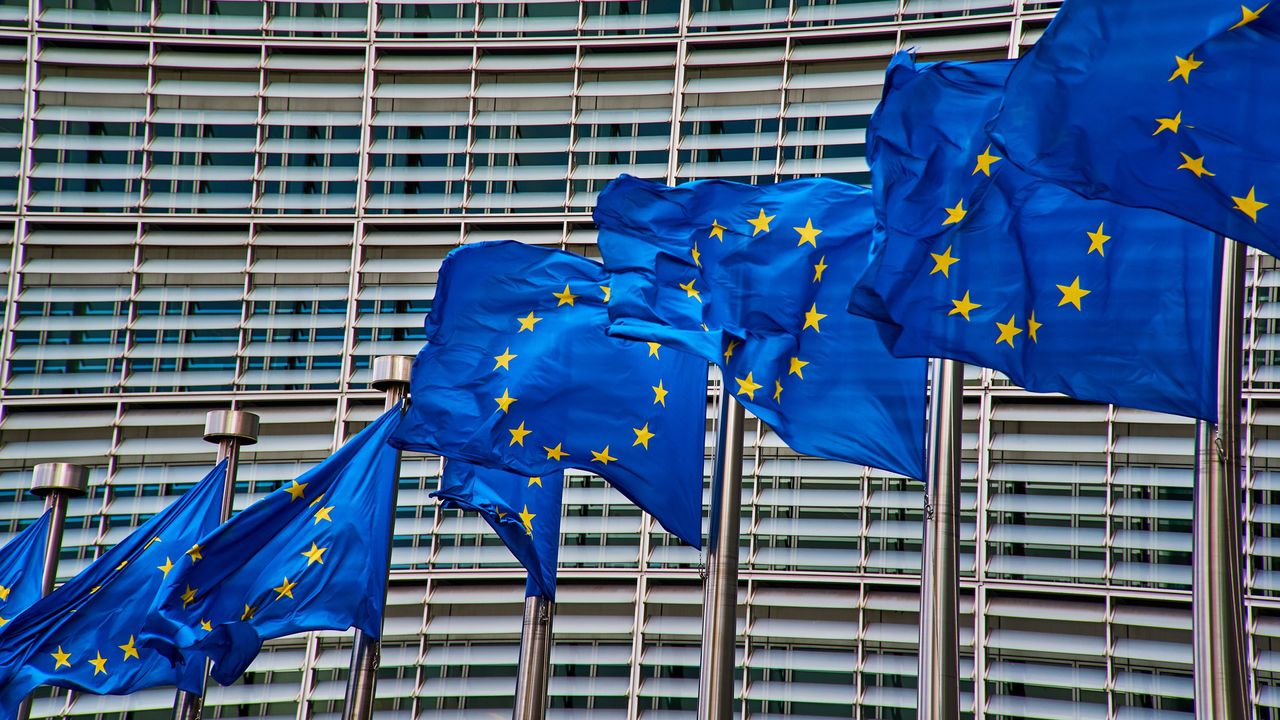
- The EU considers to block US financial technology for financial data through the FIDA regulation
- Banks restrictions support while technological groups warn about the reduction of consumer choice in Europe
- Trump threatens tariffs if US companies are excluded from EU digital finances
The European Union is preparing new rules on the exchange of financial data that could prevent US technological giants from accessing consumer information.
He Financial Times He informs that the regulation of access to financial data (FIDA) has reached its final negotiation stage and, according to its sources, Amazon, Apple, Google and Meta are likely to be excluded.
The measure is intended to give consumers more influence on how their financial data is used, such as under FIDA, customers could allow third parties to see the information held by banks and insurers, opening the way for new services such as digital budget tools and financial advice.
American technology companies were excluded
FIDA supporters say that regulation will encourage innovation and give people greater control over their own records.
However, banks from all over Europe have argued against extending this access to the main American technology companies, since they fear that global platforms can take advantage of information to build products that weaken the relationship between banks and their customers.
Germany has been especially vocal in wanting a prohibition of giant participation of American technology.
A shared position document with other EU capitals said that maintaining US platforms outside of Fida would support the development of a European digital finance sector, racing the way to fair competition and protecting consumer’s sovereignty.
Parliament and the European Commission have also supported the limits of access.
However, industry representatives in Europe argue that consumers would be true losers if regulation excludes US companies.
“FIDA’s original vision was to give people control over their own data and access to better and innovative financial services,” said Daniel Friedlaender, head of the Association of the Computing and Communications Industry, Europe. Financial Times.
“By bowing to the regular banks, the EU will limit the choice of consumer and strengthening the inherited players who already have the power of ‘gatekeeper’ about customer data.”
Donald Trump, who has frequently criticized European rules on digital services, warned that he could impose tariffs on countries that he believes are acting against the interests of US companies.
Conversations about the final text are expected to conclude later in 2025.



